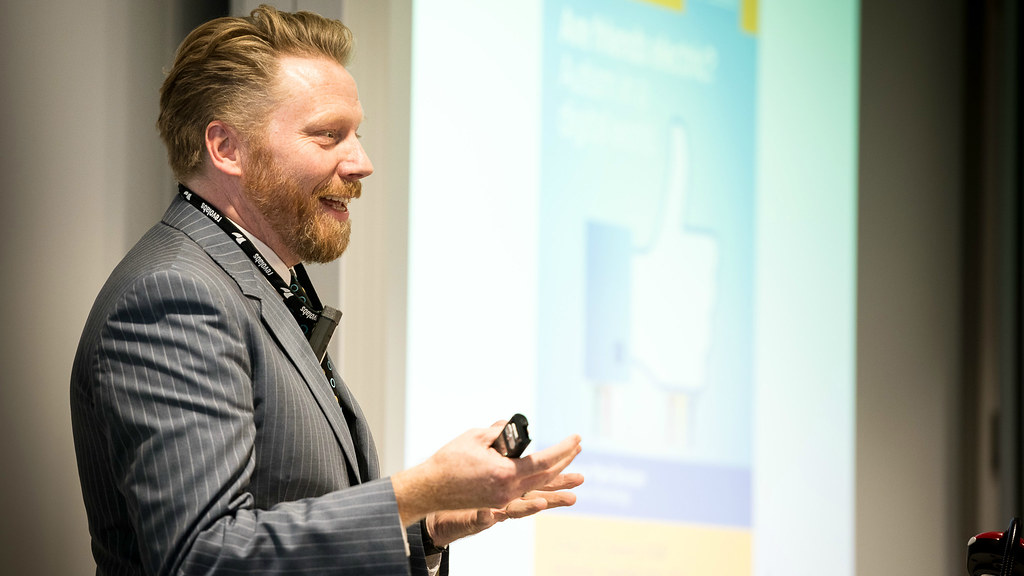Researchers at the University of Bath have been awarded almost £500,000 to develop a state-of-the art computer system to help autistic children with their maths skills.
The interdisciplinary team from the Departments of Psychology and Computer Science are working with children with autism from local schools to help them design a computer-based tutor that will act in a similar way to a personal tutor, but under the control of the student.
The new system will use an Open Learner Model, which will contain details of the student’s strengths and weaknesses and this will guide how the system interacts with the child and the material to be learnt. Because the model is open to the learner, the child has access to all the information that the tutor has collected. This system is ideal for encouraging students to reflect upon their learning and provides a forum to discuss any issues with teachers.
The project is being led by Dr Mark Brosnan, Senior Lecturer in the Department of Psychology. He said: “An increasing number of studies show computer-aided learning is well-accepted by children with autism who demonstrate a fascination with computers.
“Children with autism can be good at maths and a small percentage can be exceptionally good at maths, but in mainstream schools they do not always receive the tailored, one-to-one tutoring they need to take account of their skills and capabilities.
“The aim of this system is to push for more personalised education for children with autism so they are taught at their own level, which is often outside of their National Curriculum level.”
The three-year project is in its first year and the team is currently working with 11–14 year-olds to help them design the system.
Dr Brosnan added: “We are going out to schools and working with Key Stage 3 children asking them what they like about computers. If children with autism are involved in the design of the programme then they are more likely to use it and it is more likely to meet the needs of other children.”
The funding for the project has come from the Engineering & Physical Sciences Research Council (EPSRC).

